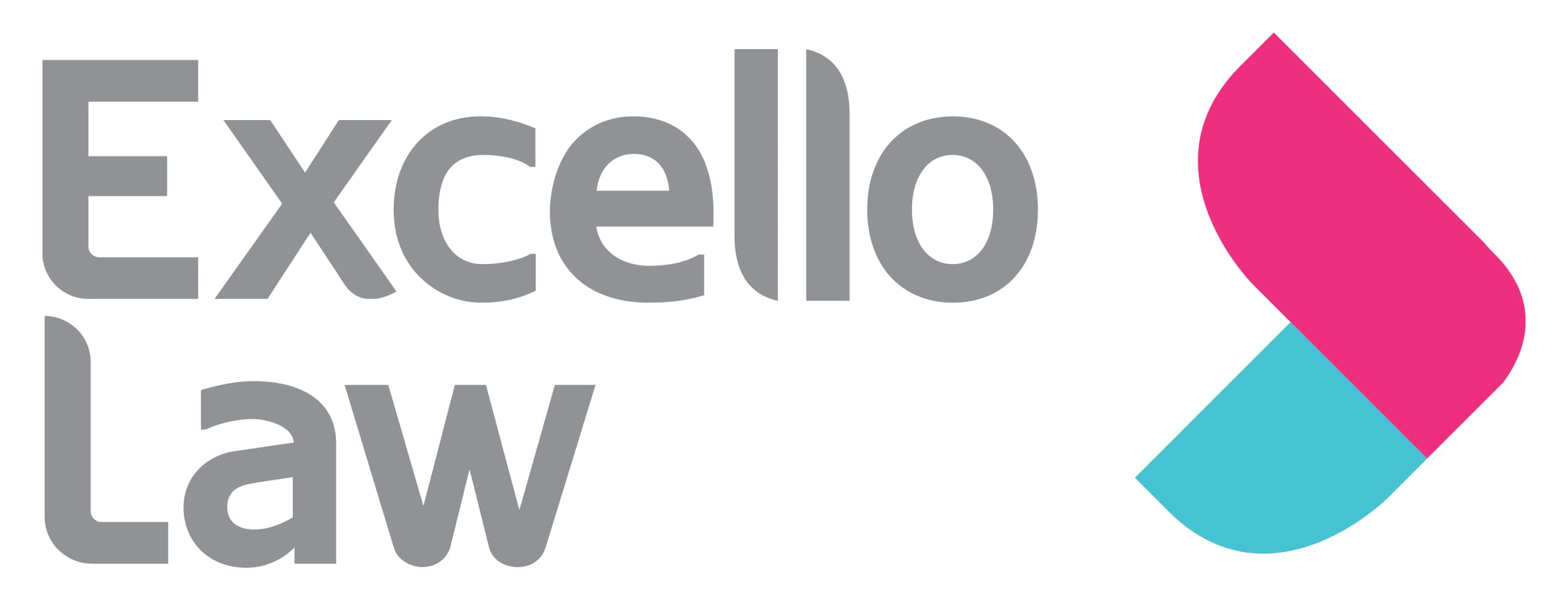What does the recent news on the burkini say about discrimination law in the UK?
The controversial new French law on the burkini has definitely raised a few eyebrows. The burkini debate has got us wondering what this could mean for discrimination law in employment?
Photographs have emerged of a woman being ordered by four police officers armed with pepper spray and batons to remove her clothing in the South of France.
The woman – identified as Siam – was ordered to strip off following the implementation of the controversial ‘burkini ban’. She was warned about the new beach dress code and fined €11 because she was not wearing ‘an outfit respecting good morals and secularism’. The French systems interprets secularism as a way of claiming equality for all citizens by separating religion from the state. However, it can be argued that the French idea of secularism is actually causing an even bigger divide then harmony.
David Lisnard, the right wing Republican Party mayor of Cannes who introduced the burkini ban defended the four police officer’s behaviour. He said ‘'beach dress that ostentatiously shows a religious affiliation was unwelcome at a time when France was a target for Islamic State’. He justification for the ban was that the dress may be linked with the terrorist group which carried a risk to public order.
Feiza Ben Mohamed, the secretary general of the Federation of Muslims of the South of France, accused the French authorities of ‘shamefully mixing up terrorists with the wider Muslim community.’ Following the reactions of many around the world it could be said that these laws are totally counterproductive as instead of promoting the idea of secularism, it is actually making young people believe that they are excluded and stigmatised.
One of the issues currently being debated on social media sites are ‘what is the difference between a nun’s dress and the burkini?’. Another comparison made was between a man wearing a wetsuit and a woman wearing a burkini.
In light of this recent event and relating this back to employment law, what would happen if employers decided to impose a blanket ban on religious veils and headscarf’s in the workplace? Would this be lawful?
EHRC Employment Statutory Code of Practice (EHRC) provides guidance to Employment Tribunals which they are obliged to take into account when considering claims under the Equality Act 2010. The EHRC guide contains an example where a hairdresser refused to employ stylists who cover their hair, believing it is important for them to exhibit their flamboyant haircuts. Paragraph 4.11 of the EHRC makes it clear that this decision puts at a particular disadvantage both Muslim women and Sikh men who cover their hair. This therefore may amount to indirect discrimination unless a decision can be objectively justified.
Here are some examples of cases where employers have attempted to impose bans of religious veils and headscarf’s:
In the case of Azmi v Kirklees Metropolitan Borough Council, the EAT upheld an employment tribunals finding that the order to remove the veil at work in a school, which covered all but Mrs Azmi’s eyes, was not indirectly discriminatory as it was a proportionate means of achieving a legitimate aim of providing the best quality education.
In the case of Ebrahimian v France, the ECtHR held that the dismissal of a French Muslim, for refusing to remove her veil at work in a hospital, was not discriminatory. It was held that the hospitals requirement of neutrality was a proportionate means of achieving its legitimate aim of protecting the equality of treatment of patients.
Currently, there are two cases before the ECJ that are attempting to deal with the question of whether a ban on visible religious symbols is discriminatory under the Framework Directive. In the case of Achbita and another v G4S Secure Solutions NV, Advocate General Kokott was of the opinion that the headscarf ban was not direct discrimination, as it affected all employees equally. Although it may amount to indirect discrimination, she thought that the ban was justified by the employer's legitimate aim of religious and ideological neutrality. This opinion however seems to contradict the ECtHR's decision in the case Eweida v British Airways plc. We will have to wait and see whether the ECJ will follow it, so watch this space.
 Partners Employment Lawyers is not a firm of solicitors. Members of Partners Employment Lawyers are consultants at Excello Law Limited and legal services are provided by Excello Law Limited which is authorised and regulated by the Solicitors Regulation Authority under SRA number 652733.
Partners Employment Lawyers is not a firm of solicitors. Members of Partners Employment Lawyers are consultants at Excello Law Limited and legal services are provided by Excello Law Limited which is authorised and regulated by the Solicitors Regulation Authority under SRA number 652733.